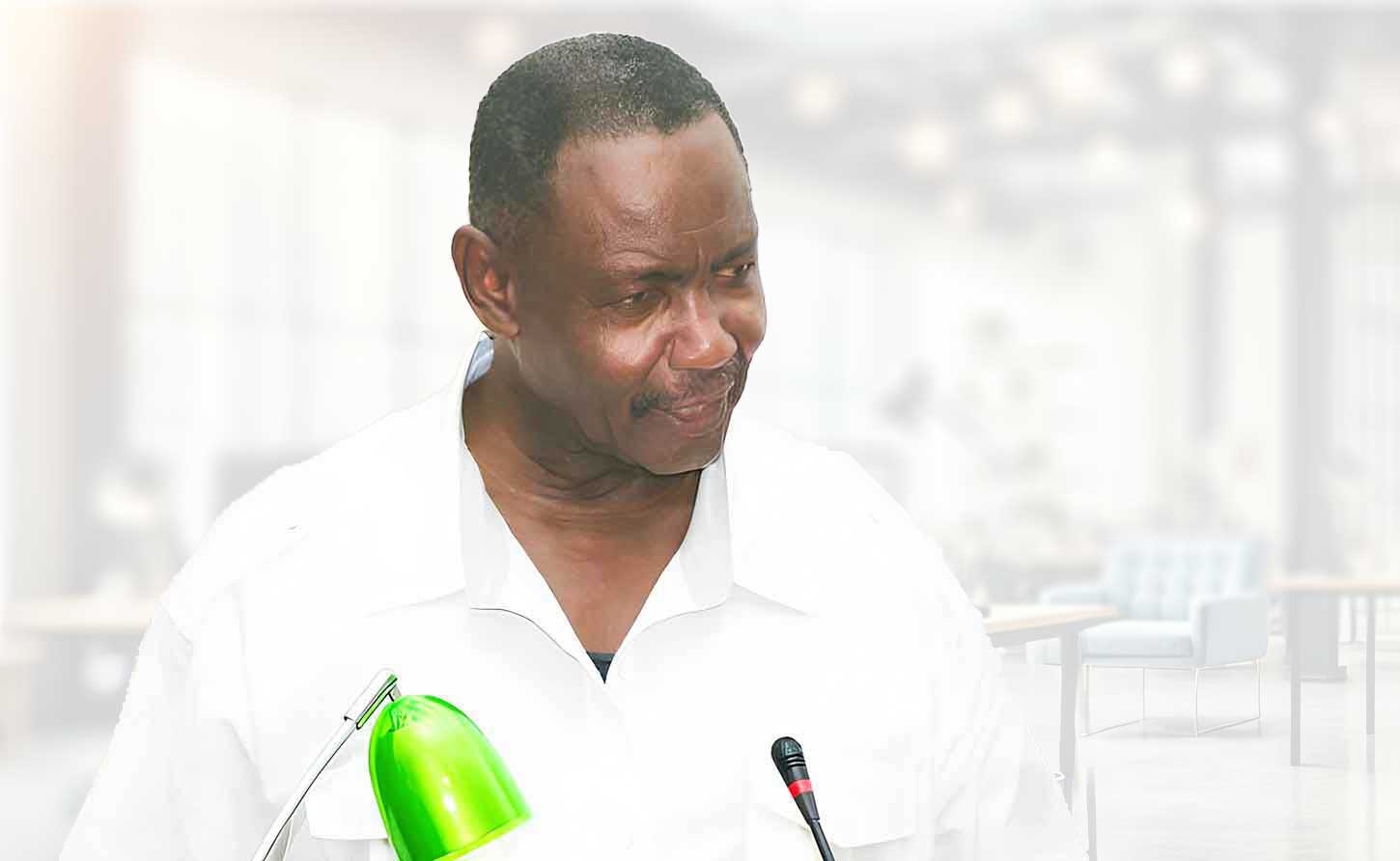GUYANA | Politics of Division: A Trade Unionist's Warning

GEORGETOWN, Guyana, November 20, 2024 - In the charged political landscapes of Guyana and the United States, racial identity has emerged as a potent weapon of manipulation, wielded by politicians to consolidate power and fracture social solidarity.
This stark warning comes from veteran trade unionist and General Secretary of the Guyana Trades Union Congress (GTUC), Lincoln Lewis, who dissects the dangerous game of identity politics with surgical precision.
Lewis's analysis cuts deep into the heart of contemporary political strategy, revealing how racial and ethnic divisions are carefully crafted tools of control. From the United States to Guyana, political leaders have mastered the art of exploiting societal fault lines, transforming complex socio-economic realities into simplistic narratives of "us versus them."
Take the recent U.S. presidential election. According to Lewis, Donald Trump's appeal transcended traditional policy debates, instead tapping into a visceral narrative of racial identity. His message resonated with white Americans' deep-seated fears of societal displacement, while simultaneously attracting some Latinos and affluent Black Americans who saw themselves as part of the "insider" group.
The trade unionist illuminates a nuanced phenomenon he calls "micro-stratification" – where ethnic groups appear homogeneous in one context but reveal intricate internal divisions in another. He points to examples ranging from the Tutsi-Hutu dynamics in Rwanda to India's complex caste system, and the subtle tribal distinctions among Indigenous groups in Guyana that often go unnoticed by outsiders.
In Guyana, Lewis is equally unsparing in his critique of the current government. The People's Progressive Party (PPP), led by Bharrat Jagdeo and Irfaan Ali, stands accused of being the most racist and anti-working class administration in the country's history. He cites a damning record: UN reports on discrimination, extrajudicial killings, contract allocation bias, massive corruption, and a systematic refusal to address workers' fundamental rights.
"Politicians exploit these divisions to create fear and build their power base," Lewis argues. The strategy is calculated: by fragmenting society along racial and ethnic lines, leaders divert attention from systemic inequalities and collective welfare, instead promoting a myopic individualism that ultimately serves the wealthy and powerful.
The global nature of this phenomenon is what makes Lewis's analysis truly compelling. From the United States to Guyana, he sees a disturbing pattern: politicians who skillfully transform legitimate social anxieties into racial narratives. Some Latinos, for instance, who may have held privileged positions in their home countries, find themselves aligning with dominant racial narratives in the U.S. – a complex psychological mechanism of identification and aspiration.
"The world has changed," Lewis observes with a mixture of concern and defiance, "and political leaders are actively working to discourage collective action." This is more than a political strategy; it's a calculated assault on the very mechanisms that have historically driven social progress. The message is clear: divide and conquer remains the most effective tool of political manipulation.
As societies become increasingly fragmented, Lewis offers a powerful reminder of what's at stake. The future, he argues, lies not in individual triumph but in collective struggle. The same unity that toppled colonialism, ended indentured servitude, and fought for workers' rights remains our most potent weapon against systemic oppression.
In a world increasingly defined by its divisions, Lincoln Lewis stands as a resolute voice of unity – a trade unionist who understands that true political change comes not from exploiting our differences, but from recognizing our fundamental interconnectedness.
-30-
The original piece was written by Mark DaCosta, Village Voice - https://villagevoicenews.com/2024/11/19/growing-individualism-and-increasing-ethnic-fragmentation-spell-trouble-for-justice-equality-lewis/
